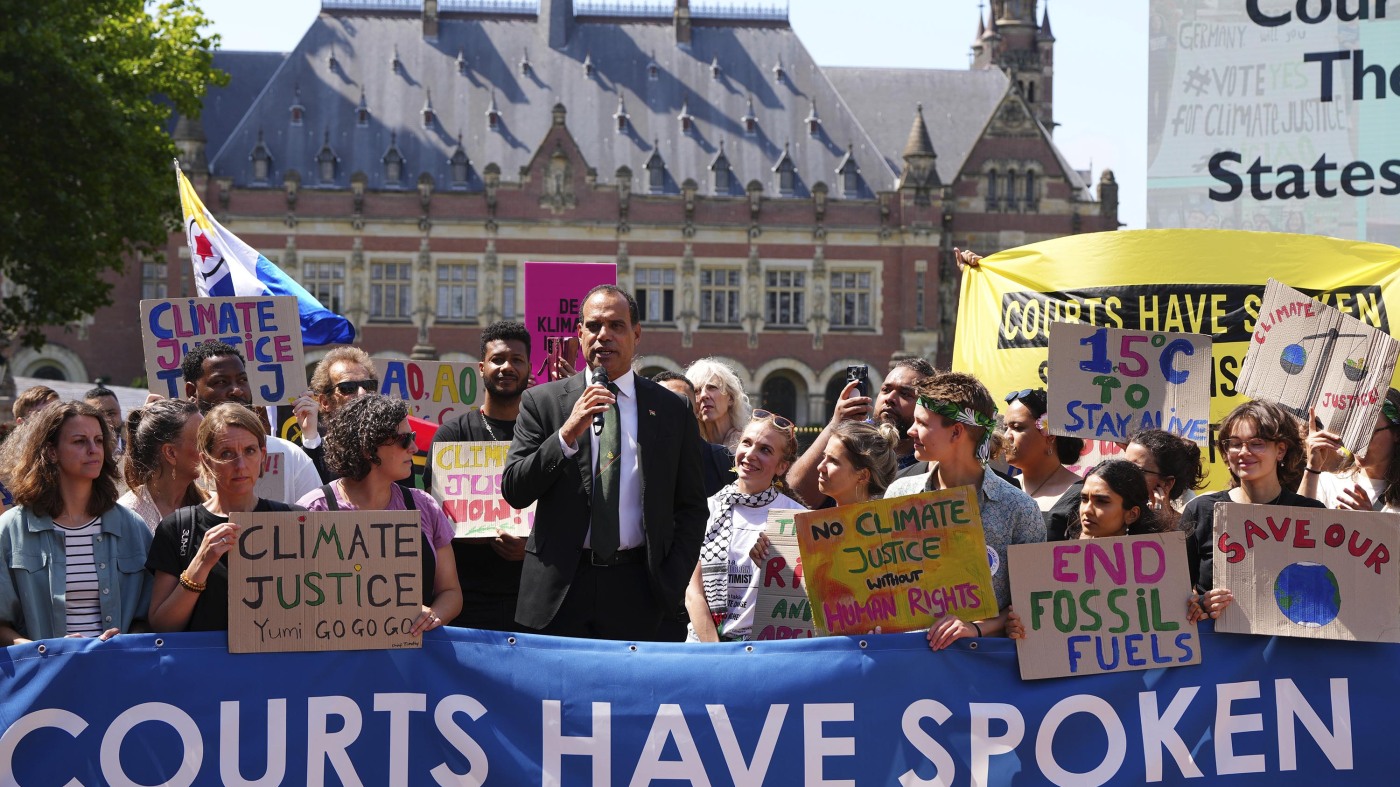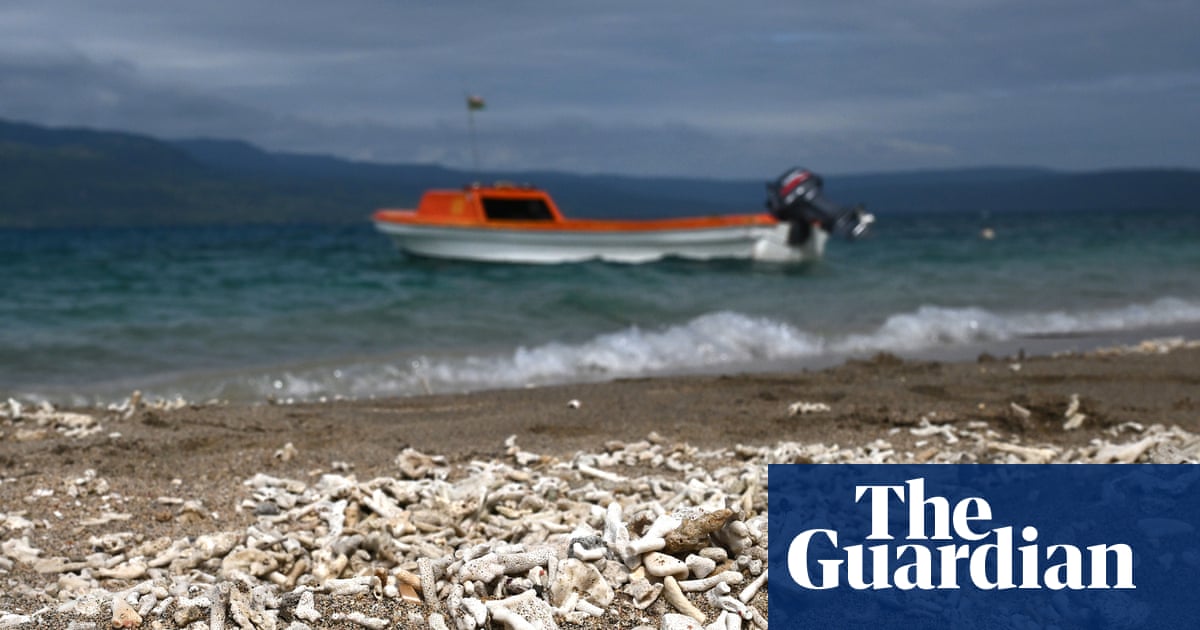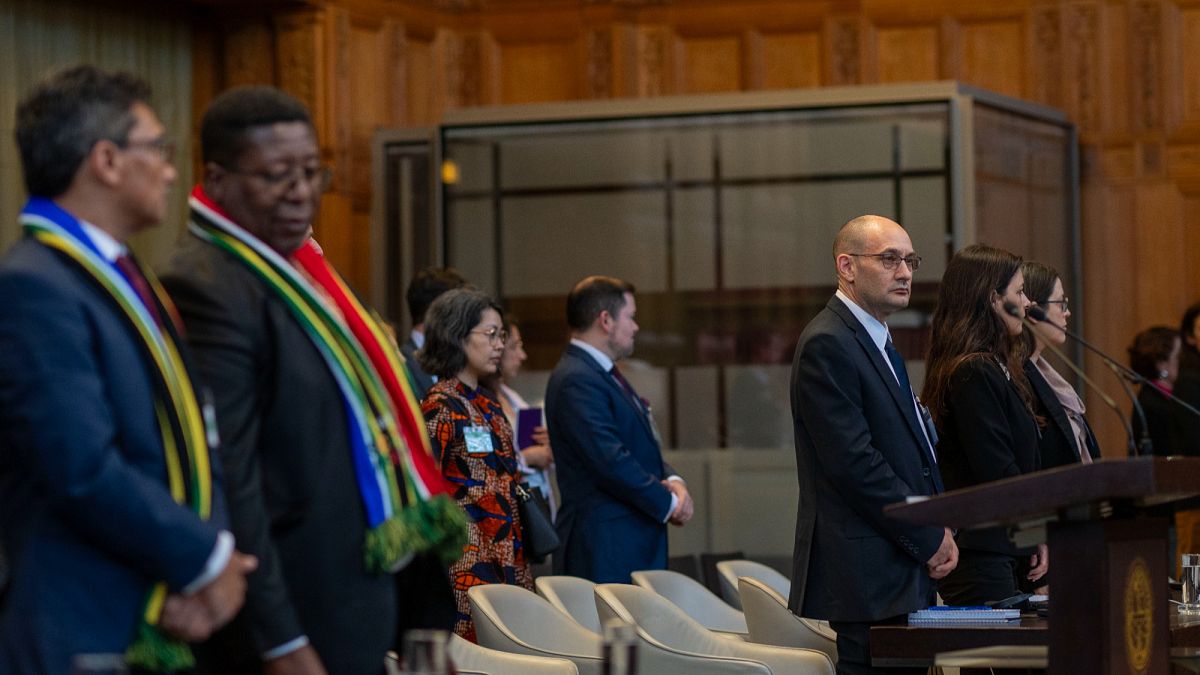T4K3.news
ICJ rules on climate inaction and international law
The ICJ states that failing to combat climate change may breach international legal obligations.

The ICJ clarifies countries' responsibilities in combating climate change.
Climate inaction can breach international law according to top court
The International Court of Justice (ICJ) has ruled that failing to address climate change can violate international law. President Yuji Iwasawa stated that a state's inaction regarding greenhouse gas emissions, including fossil fuel production and subsidies, could be an internationally wrongful act. This decision, while nonbinding, highlights the court's interpretation of existing international agreements and may influence future climate litigation. Climate justice advocates view this as a significant win, allowing nations impacted by climate change to hold larger polluters accountable. Vanuatu's youth activists played a crucial role in pushing for this ruling, seeking greater legal clarity on climate responsibilities.
Key Takeaways
"The failure of a state to take appropriate action to protect the climate system may constitute an internationally wrongful act."
This highlights the ICJ's clear stance on nations' responsibility for climate change mitigation.
"This decision opens the door for countries hit by climate disasters to hold major polluters accountable."
This reflects the potential legal ramifications of the ruling, especially for vulnerable nations.
"The court sided with youth activists advocating for climate justice, marking a significant victory."
This demonstrates the importance of grassroots movements in influencing international law.
This ruling marks a turning point in international climate law. By establishing that inaction can be legally challenged, the ICJ reinforces the idea that all countries, not just those in international agreements like the Paris Accord, share a responsibility to combat climate change. This could lead to a wave of lawsuits against major polluters, potentially reshaping global climate policy. With vulnerable nations gaining a stronger legal foothold, the urgency for climate action has never been clearer.
Highlights
- Inaction on climate change can now be legally challenged.
- Vanuatu youth activists have sparked a new era of accountability.
- Major polluters may face lawsuits for climate inaction.
- This ruling empowers vulnerable nations in the climate fight.
Potential legal repercussions for several nations
Countries failing to act on climate change may face lawsuits from vulnerable nations seeking accountability. This raises concerns for major polluters regarding international legal obligations.
The ICJ's ruling could redefine accountability for climate change on a global scale.
Enjoyed this? Let your friends know!
Related News

ICJ ruling could empower climate reparations

World court issues landmark ruling on climate responsibility

Nations must act on climate or face legal repercussions

UN court recognizes clean environment as a human right

UN court allows legal actions for climate change damages

Legal expert clarifies genocide claims against Israel

Exxon CEO stresses need for trade action against EU rules
